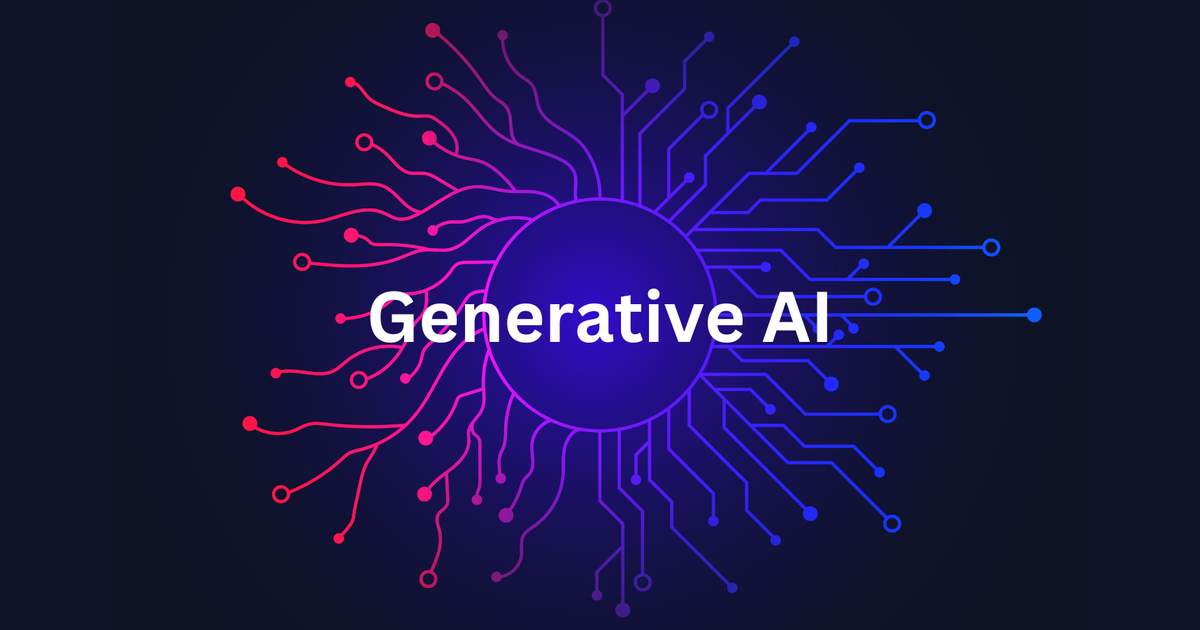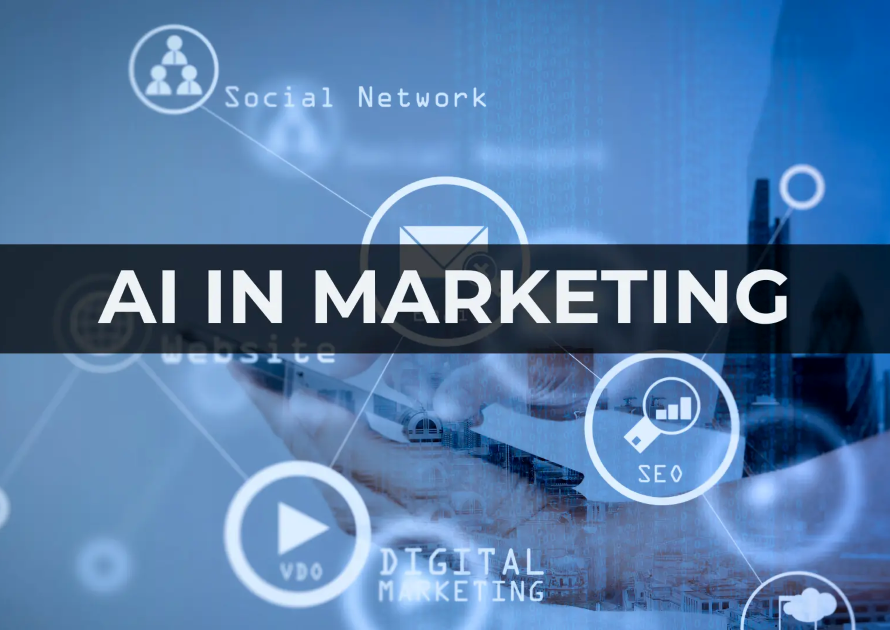Jump to Section
ToggleIntroduction
Generative AI (Gen AI) is a powerful subset of artificial intelligence that is reshaping industries by boosting operational efficiency, fostering innovation, and enhancing customer engagement.
In this article, we explore transformative use cases of Gen AI across five major industries, with a special emphasis on how ai-horizon.io's advanced agents are being utilized in sales, marketing, HR, accounting, and customer service.
GenAI in a Nutshell
Generative AI, or Gen AI, is a branch of artificial intelligence that specializes in producing new content—such as text, images, audio, and videos—by learning patterns and structures from existing data through generative models.
In contrast to traditional AI, which mainly analyzes data and predicts outcomes, generative AI goes a step further by creating original data that mirrors the characteristics of the data it was trained on.
How Does Generative AI Work?
Generative AI leverages advanced machine learning techniques, particularly deep learning models such as Generative Adversarial Networks (GANs) and Variational Autoencoders (VAEs).
These models are trained on large datasets, learning to identify patterns and relationships within the data, which enables them to generate highly realistic outputs.
For example, a GAN consists of two neural networks: a generator and a discriminator. The generator creates new data, while the discriminator evaluates its authenticity. This adversarial process helps refine the generated content, improving its quality over time.
The advent of transformer-based models, especially large language models (LLMs) like GPT-2 and its successors, has significantly enhanced the capabilities of generative AI. These models excel at understanding and generating human-like text, making them ideal for applications ranging from chatbots to content creation and beyond.
The Benefits of Generative AI Models Across Industries
Generative AI technologies are making a significant impact across various sectors, including Finance, Marketing, Healthcare, Entertainment, and Education.
From content creation and product design to personalized marketing and even drug discovery, Gen AI is being applied to a wide range of tasks.
Its versatility empowers businesses to boost creativity and streamline operations. Below are some of the key benefits of generative AI:
Generative AI can generate unique content and ideas that might not be easily conceived by humans alone. This ability drives creativity in industries like marketing, design, and entertainment, where fresh, innovative concepts are essential for success.
By automating repetitive tasks like content creation, generative AI frees up teams to focus on more strategic, high-value work. In software development, for example, generative AI can streamline code generation, improving efficiency and cutting down on the time needed for manual coding.
For marketers, generative AI can produce personalized emails or social media posts at scale, drastically reducing the time spent on content creation. With tools like LinkedIn schedulers, marketers can efficiently generate and schedule posts, maximizing the platform’s potential with minimal effort.
Adopting generative AI can result in significant cost reductions. By minimizing the need for large teams in areas like content creation, customer support, and data analysis, businesses can reallocate resources more effectively, investing in innovation and growth.
Generative AI empowers businesses to offer personalized experiences by analyzing customer data and generating customized content. This level of personalization boosts customer engagement, satisfaction, and loyalty, leading to higher retention rates.
Generative AI excels at analyzing large volumes of data to uncover trends and insights that guide business strategies. By leveraging real-time analytics, companies can make more informed, data-driven decisions, enhancing their overall performance.
Generative AI Use Cases
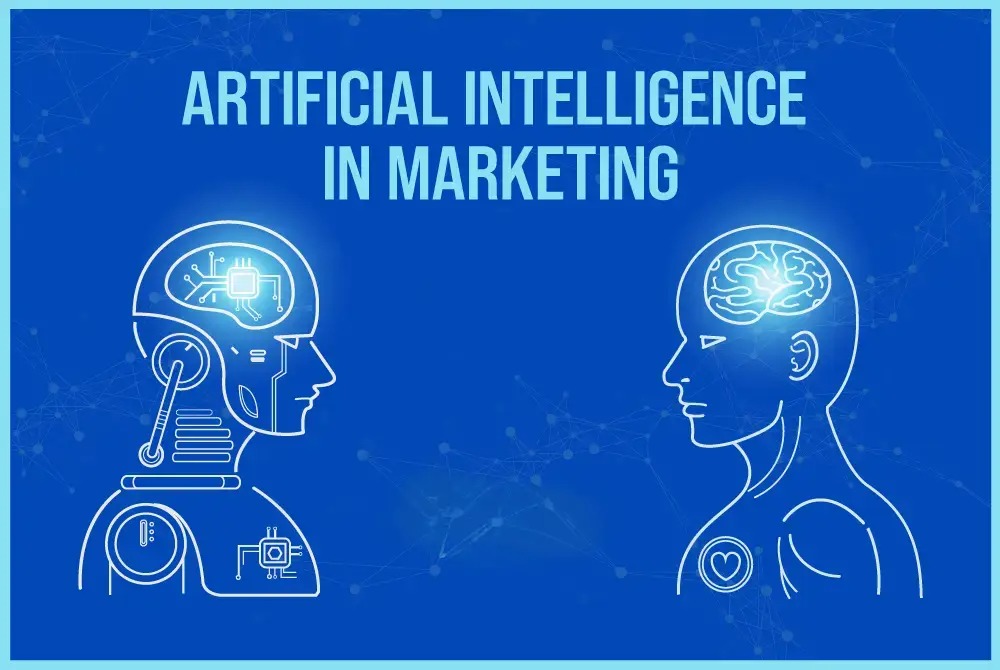
1. Enhancing Organic Content for Enterprise Marketing Teams
Generative AI can analyze large datasets to uncover trending topics, relevant keywords, and audience preferences. By optimizing content for both search engines and social media, marketing teams can boost visibility and drive better engagement.
For instance, brands like Michaels Stores are using generative AI to personalize 95% of their email campaigns, leading to a 25% increase in click-through rates for emails and a 41% improvement for SMS campaigns.
2. Scalable Content Creation for Marketing Agencies
Marketing agencies can take advantage of generative AI to produce high-quality content at scale. This includes creating blog posts, social media content, and email campaigns, enabling agencies to meet tight deadlines without compromising on quality.
AI-powered tools like Skott allow marketers to rapidly generate both short-form and long-form content, significantly reducing the time required for content creation.
3. Social Media Management for Small Businesses
Small businesses can leverage generative AI to automate social media posts, handle customer inquiries, and analyze engagement data.
This allows them to maintain a consistent online presence without requiring significant time or resources.
For example, Instacart uses generative AI to provide personalized meal plans and generate shopping lists, boosting customer engagement with tailored content.
4. Personalized Email Campaigns
Generative AI enables the segmentation of audiences and the creation of tailored email content based on user behavior and preferences, leading to higher open rates and conversions.
By continuously analyzing customer interactions, AI can dynamically adjust email content to ensure it remains relevant and timely.
5. A/B Testing for Marketing Materials
AI can streamline the A/B testing process for various marketing assets, providing real-time performance analysis and optimizing campaigns based on the data.
This allows marketers to quickly pinpoint the most effective strategies and make data-driven adjustments to improve campaign outcomes.
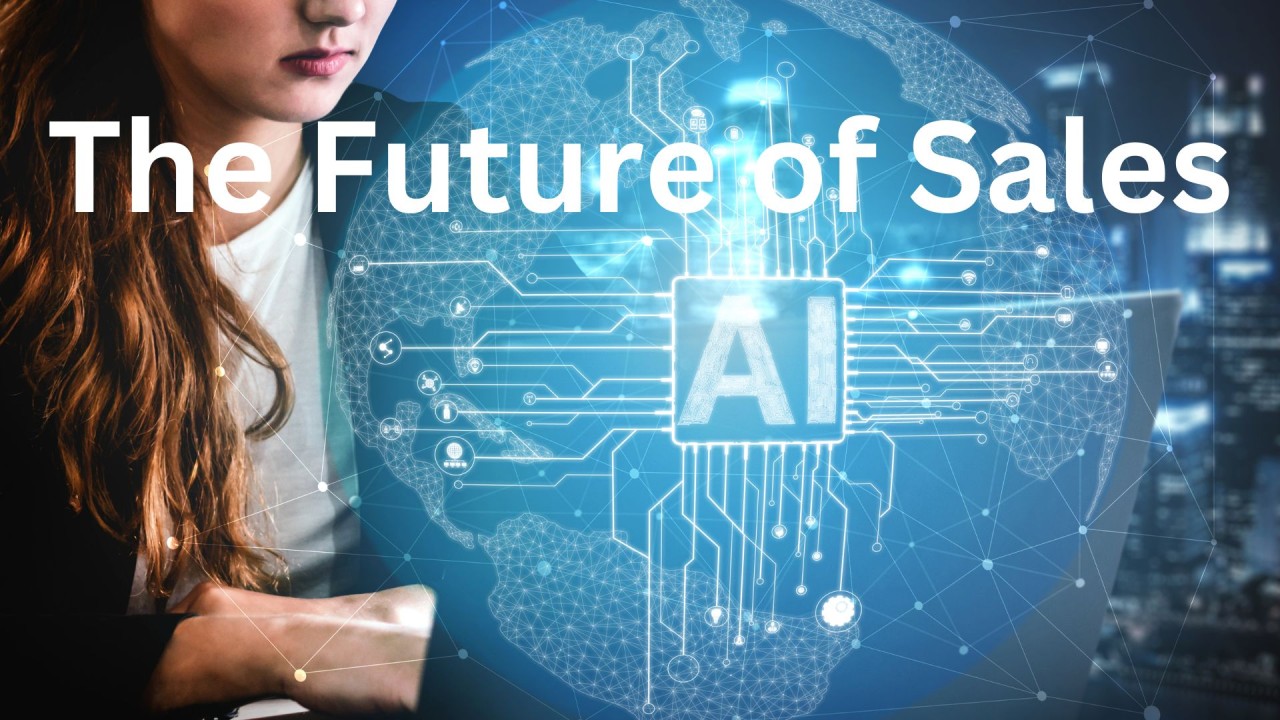
1. Smart Lead Scoring
Sales teams can leverage generative AI to evaluate leads and assign scores based on their likelihood to convert, enabling more targeted and efficient outreach.
This predictive approach helps prioritize high-value leads, boosting conversion rates.
2. Automated Proposal Creation
Generative AI can automatically generate tailored sales proposals based on client preferences and needs, streamlining the sales process and cutting down on response times.
This automation not only saves time but also improves the overall quality of the proposals.
3. AI-Powered Virtual Sales Assistants
AI-driven virtual assistants can support sales reps by managing their schedules, following up with leads, and providing real-time insights during client meetings.
This enables sales teams to focus on relationship-building instead of getting bogged down with administrative tasks.
4. Predictive Sales Insights
By analyzing past sales data, generative AI can forecast future sales trends and customer behavior, allowing sales teams to plan their strategies more effectively.
This predictive capability helps companies allocate resources wisely and direct their efforts toward the areas most likely to drive results.
5. Chatbots for Lead Qualification
AI chatbots can engage with potential customers on websites, answering their queries and qualifying leads before passing them on to human sales agents.
This initial interaction filters out less promising leads, enabling sales teams to focus on high-value prospects.
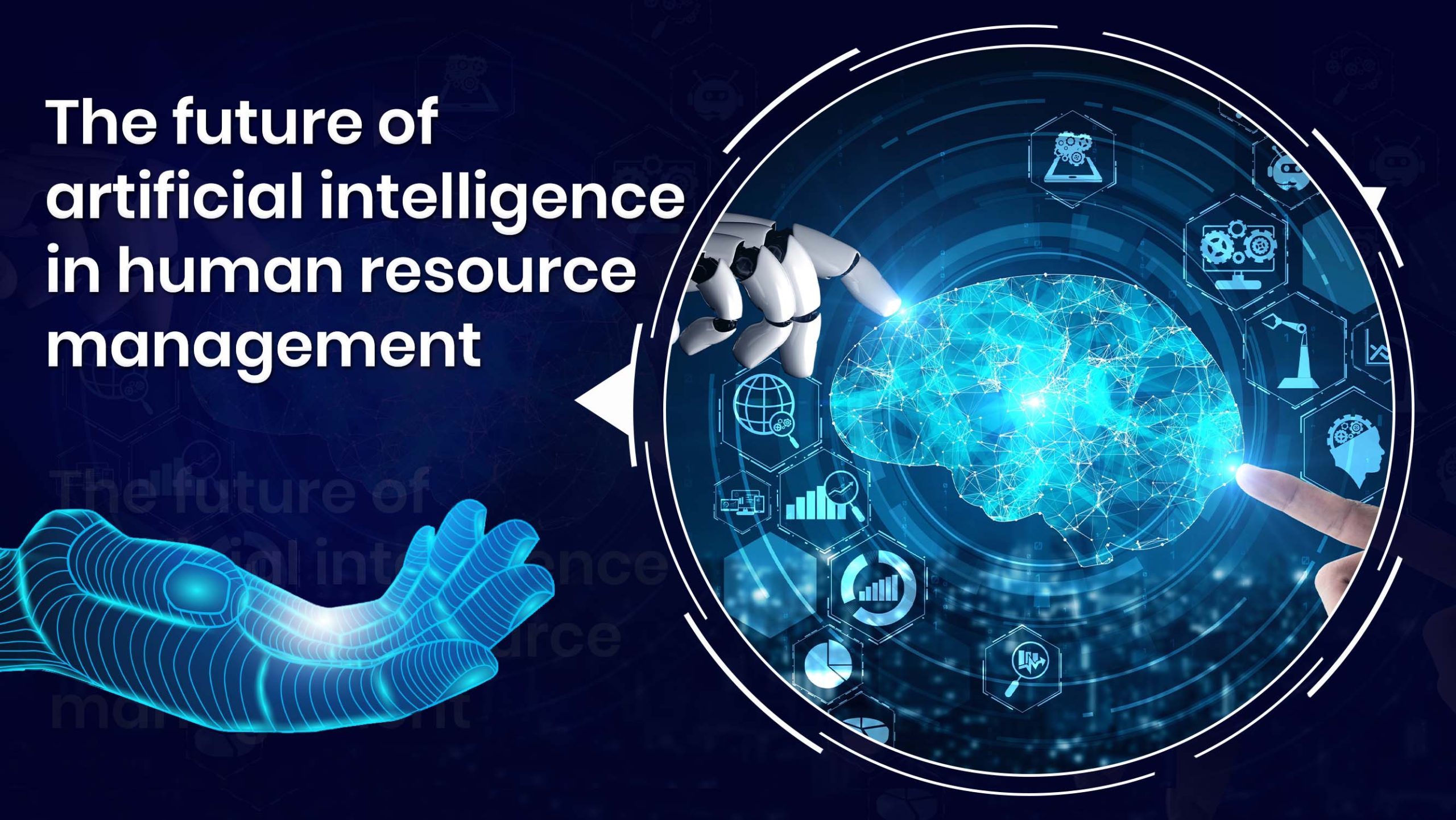
1. Automated Resume Screening
Generative AI can enhance the recruitment process by automatically reviewing resumes and identifying top candidates based on set criteria. This helps reduce the time HR teams spend on the initial screening of applicants.
2. Employee Onboarding Support
AI-powered onboarding assistants can guide new hires through the entire onboarding experience, answering questions and offering essential resources. This leads to a smoother transition for new employees and can contribute to higher retention rates.
3. Employee Engagement Insights
Generative AI can analyze employee feedback and survey responses, offering valuable insights to improve company culture. This data-driven approach enables HR teams to develop targeted strategies to boost employee satisfaction and engagement.
4. Tailored Learning and Development Plans
AI can evaluate employees' skills and suggest customized training programs to support their professional growth. This personalized approach ensures that employees receive the specific training they need to excel in their roles.
5. Predictive Workforce Analytics
By analyzing employee data, generative AI can forecast turnover trends and pinpoint the factors driving dissatisfaction. This proactive strategy enables HR teams to implement retention measures before problems arise.

1. AI-Driven Customer Support Chatbots
AI chatbots can be used by customer service teams to manage routine inquiries, allowing human agents to focus on more complex problems. This boosts response times and enhances overall customer satisfaction.
2. Sentiment Analysis of Customer Feedback
Generative AI can assess customer reviews and feedback to determine sentiment, providing valuable insights into customer satisfaction. This information helps businesses make data-driven decisions for product improvements and refining customer engagement strategies.
3. Automated Ticket Management Systems
AI can automatically classify and prioritize customer support tickets, ensuring that urgent issues are addressed swiftly. This automation helps streamline the support workflow and boosts overall operational efficiency.
4. Knowledge Base Enhancement
Generative AI can automatically update and improve knowledge bases by analyzing customer interactions and identifying frequently asked questions. This ensures that customers always have access to the most relevant and useful information.
5. Virtual Customer Assistants
AI-powered virtual assistants can offer personalized recommendations and support, drawing on customer preferences and purchase history. This elevates the customer experience by providing tailored solutions that meet individual needs.

1. Automated Invoice Processing
Generative AI can streamline invoice processing, reducing the risk of manual errors and accelerating payment cycles. This increased efficiency not only saves time but also enhances cash flow management.
2. Financial Forecasting
By analyzing past financial data, generative AI can generate precise forecasts, enabling businesses to make more informed financial decisions. This predictive capability helps companies effectively plan for future growth.
Unlock deeper insights into your business with generative AI-powered forecasting and analysis.
3. Automated Expense Management
AI can classify and analyze expenses, offering valuable insights into spending trends and pinpointing opportunities for cost savings. This data-driven approach allows businesses to optimize their budgets more effectively.
4. Tax Compliance Support
Generative AI can help with tax preparation by reviewing financial records and ensuring compliance with applicable regulations. This reduces the likelihood of errors and minimizes the risk of penalties.
5. Real-Time Financial Reporting
AI can produce real-time financial reports, giving businesses immediate visibility into their financial status. This level of transparency supports more agile and informed decision-making.

1. Tailored Shopping Experiences
Generative AI can analyze customer behavior to offer personalized product recommendations, enhancing the overall shopping experience. This degree of customization can lead to higher conversion rates.
2.Real-Time Pricing Optimization
AI can monitor market trends and competitor prices to adjust pricing strategies in real time. This adaptability helps businesses stay competitive in fast-moving markets.
3. Streamlined Inventory Management
Generative AI can forecast inventory requirements based on sales trends, helping businesses maintain optimal stock levels. This reduces the likelihood of both overstocking and stockouts.
4. Mapping the Customer Journey
AI can track and analyze customer interactions across multiple touchpoints, enabling the creation of comprehensive customer journey maps that inform marketing strategies. These insights allow businesses to better tailor their approaches to align with customer needs.
5. Detecting and Preventing Fraud
Generative AI can spot irregular patterns in transactions, helping e-commerce businesses detect and prevent fraudulent activities. This boosts security and strengthens customer trust.

1. Predictive Maintenance
Generative AI can analyze equipment data to forecast maintenance requirements, helping to minimize downtime and reduce maintenance costs. This proactive approach enables manufacturers to streamline their operations.
2. Supply Chain Optimization
AI can enhance supply chain management by evaluating demand forecasts and inventory levels, ensuring smoother and more efficient operations. This optimization can result in significant cost savings.
Boost efficiency across all your business processes with AI-driven models.
3. Automated Quality Control
Generative AI can automate quality control by analyzing product data and detecting defects in real-time. This automation improves product quality while reducing waste.
4. Optimized Workforce Scheduling
AI can streamline workforce scheduling by aligning production demands with employee availability, improving operational efficiency. This ensures manufacturers can meet demand without the risk of overstaffing.
5. Product Design Support
Generative AI can support product design by analyzing market trends and consumer preferences, providing valuable insights to guide design decisions. This data-driven approach ensures the product remains relevant to the target market.

1. Analyzing Customer Behavior
Generative AI can examine shopping patterns to inform merchandising and marketing strategies. These insights help retailers customize their offerings to better align with customer preferences.
2. Enhancing the In-Store Experience
AI can improve the in-store experience by offering personalized recommendations and assistance via mobile apps. This technology boosts customer satisfaction and encourages repeat visits.
3. Predicting Inventory Needs
Generative AI can forecast inventory requirements based on sales trends, ensuring retailers stock the right products at the optimal time. This helps reduce the chances of overstocking or stockouts.
4. Optimizing Loyalty Programs
AI can analyze customer data to fine-tune loyalty programs, making them more engaging and effective. This level of personalization helps improve customer retention.
5. Streamlined Checkout Systems
AI-powered checkout systems can simplify the purchasing process, reducing wait times and boosting customer satisfaction. This increased efficiency enhances the overall shopping experience.
How to Implement Generative AI in Your Business
1. Identify Key Use Cases
The first step in adopting generative AI is pinpointing use cases that align with your business objectives. This could include automating content creation, improving customer service through AI-powered chatbots, or personalizing marketing campaigns with AI-generated content.
2. Select the Right Tools and Technologies
Choosing the right generative AI tools is essential for success. There are several platforms and models available, such as OpenAI's GPT for text generation or DALL-E for image creation. When selecting a tool, consider factors like its capabilities, ease of integration, and scalability to ensure it fits your needs.
3. Prepare Your Data
Generative AI models require large volumes of high-quality data to train effectively. In some cases, synthetic data may be used to supplement existing datasets. It’s crucial to clean and organize your data before feeding it into the AI, as this step directly impacts the quality and relevance of the outputs generated.
To fully understand the potential of generative AI for your business, it’s a good idea to run pilot projects. These small-scale experiments allow you to assess the technology's impact and effectiveness in real-world scenarios before scaling up.
4. Run Pilot Projects
Before fully implementing generative AI, businesses should conduct pilot projects to evaluate the effectiveness of the solutions. This enables organizations to measure the technology's impact, gather valuable feedback, and make any necessary adjustments before scaling.
5. Monitor and Optimize
After deploying generative AI, ongoing monitoring is crucial to ensure it performs at its best. Companies should regularly analyze outputs, collect user feedback, and fine-tune the models as needed to improve accuracy and relevance over time.
6. Address Ethical Considerations
Implementing generative AI also requires addressing ethical issues, such as data privacy, AI bias, and the potential for misuse. Businesses should develop clear guidelines and best practices to manage these risks and ensure responsible AI use.
The adoption of Generative AI across diverse industries offers businesses numerous opportunities to streamline operations, enhance customer experiences, and foster growth. By utilizing specialized AI agents, such as those provided by ai-horizon.io, companies can tap into the full potential of AI to optimize marketing strategies, improve sales workflows, strengthen HR functions, and elevate customer service.
